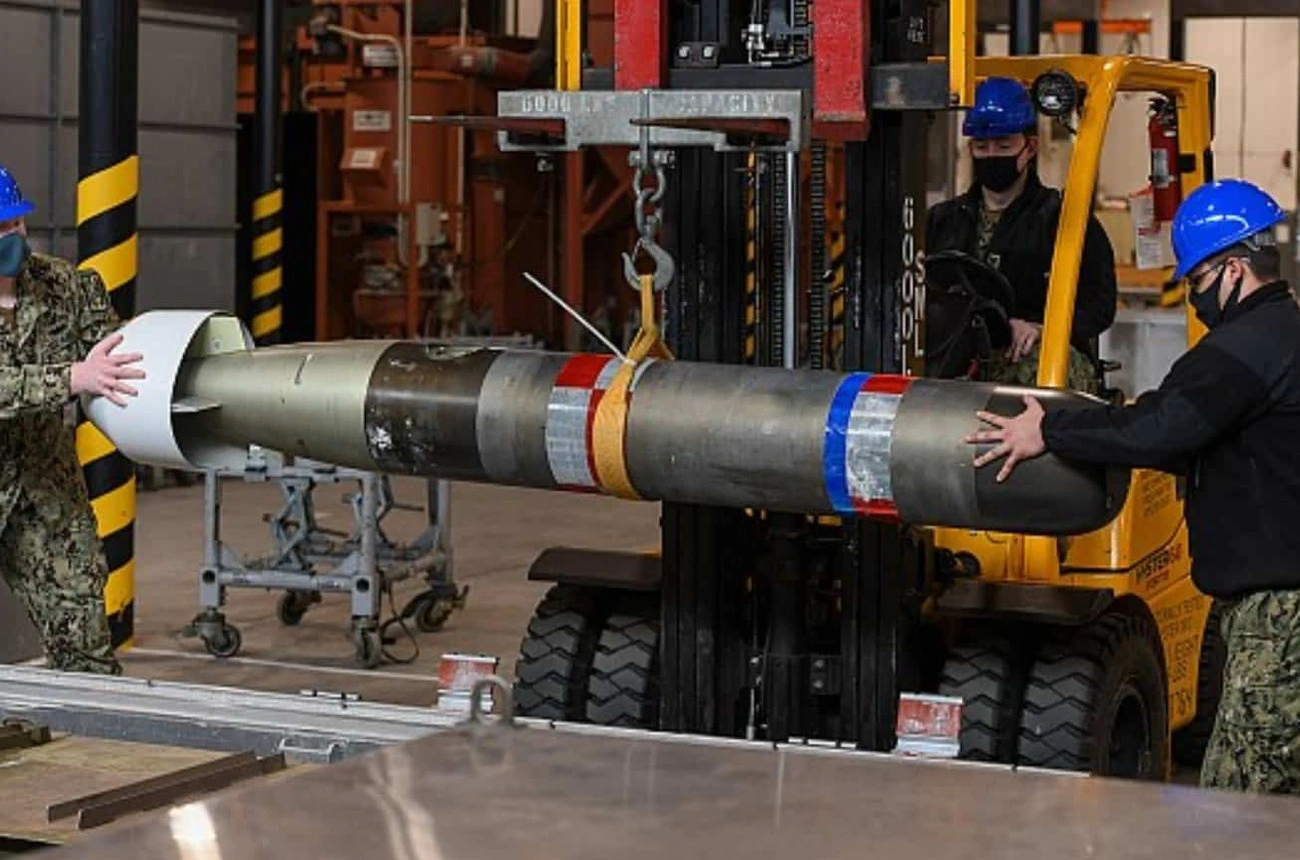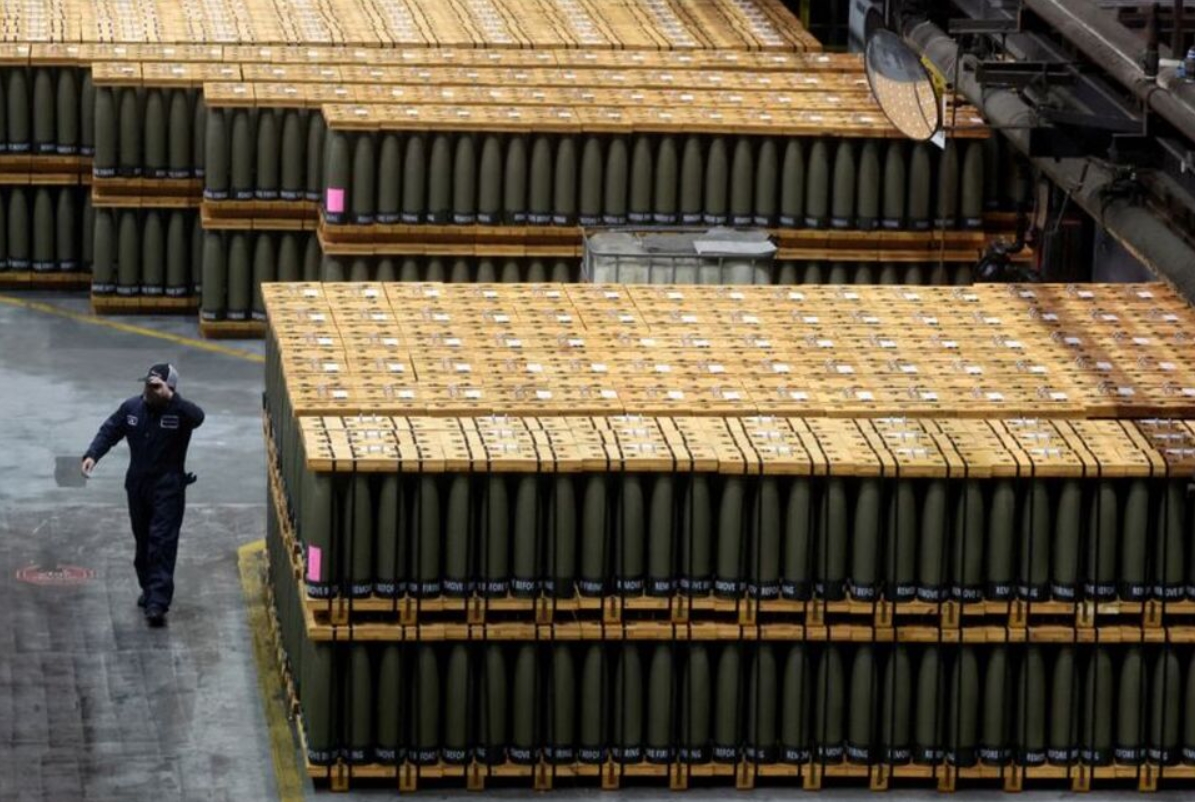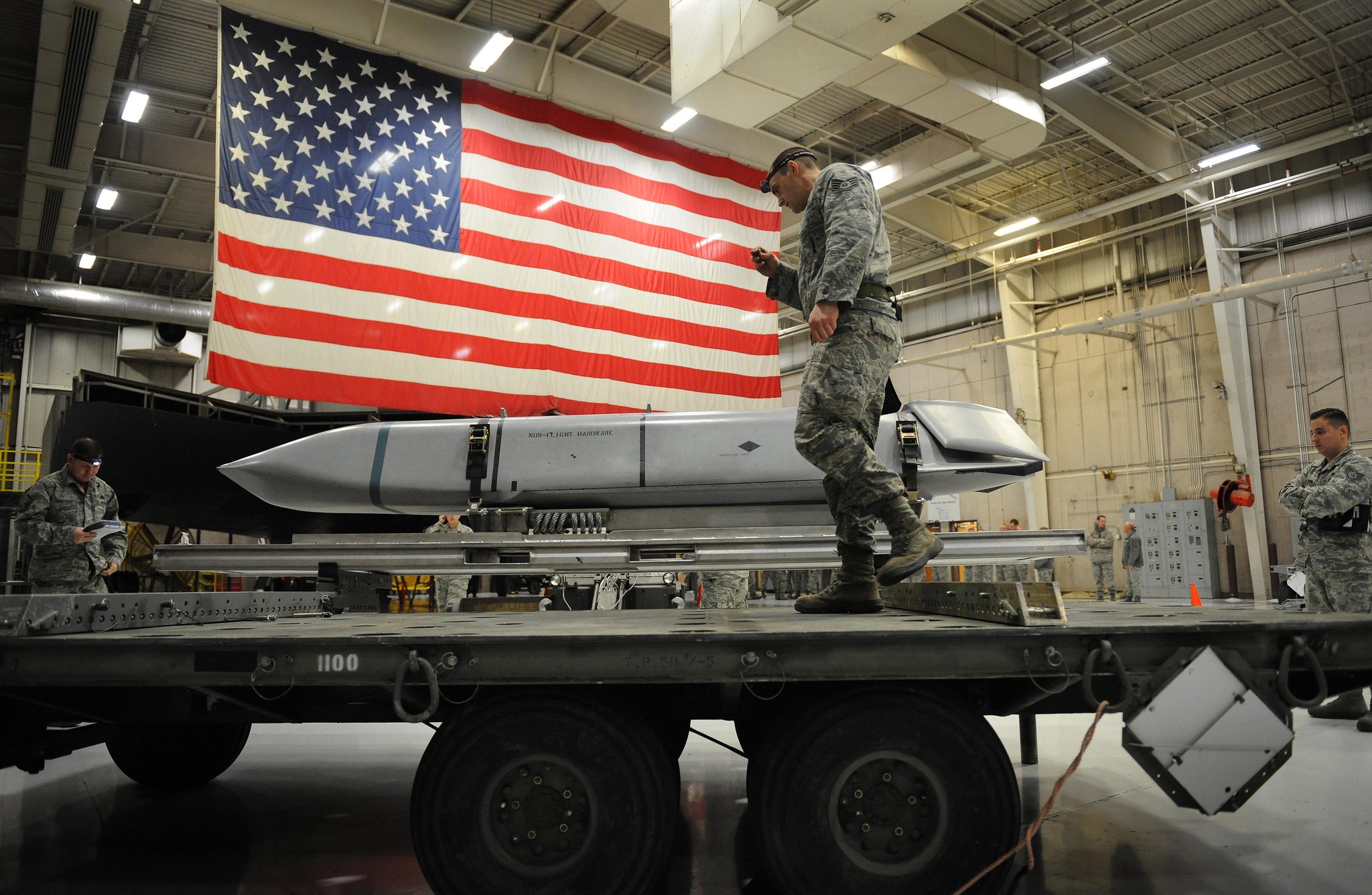
The tariffs imposed by U.S. President Donald Trump on goods from most countries are putting American weapon production at risk.
According to Politico, these tariffs could disrupt the global supply chains that the Pentagon has carefully developed over decades. They would also increase the cost of American weaponry and complicate international efforts to counter China.
According to a group of diplomats, lawmakers, officials, and defense industry analysts, this move by Washington could push skeptical partners to seek cooperation elsewhere.
This, in turn, would deal a blow to the industry that supplies weapons to much of the world and undermine the trust and predictability of global defense relations, which have long benefited the U.S. and its allies.

“But this is much easier to write in a document than to implement. The Pentagon has spent decades creating, funding, and developing a global network of suppliers and companies that are now facing tariffs. Without exemptions for defense, the administration could undermine a significant portion of this work, delaying the production of American-made weapons for the country and other buyers,” Politico adds.
In particular, the tariffs could jeopardize successful programs, such as the F-35 fighter jet, which involves 20 countries in a partnership, as well as missile defense and air defense projects with Norway and Israel.
These and other projects are crucial for defense in Europe and the Indo-Pacific region, where allies are trying to stay ahead of unpredictable Russia and China, both of which are modernizing their militaries.
The Trump administration hopes to create more jobs by producing foreign-made parts for weapons in the U.S.

But as the publication notes, companies may not have the workforce for this job. The defense industry has struggled for years to attract employees due to competition from other manufacturers and the rapid growth of the service sector, where wages are often higher and jobs are more stable.
Additionally, as Senator Mark Kelly pointed out, the global supply chain is so complex that some defense products cross borders multiple times during assembly, each time accumulating more tariffs.
“Prices will rise, and the prices that the Department of Defense has to pay will also increase,” Kelly said. He added, “Our defense budget, if we want to maintain the same type of forces, will become more expensive.”
Підтримати нас можна через:
Приват: 5169 3351 0164 7408 PayPal - [email protected] Стати нашим патроном за лінком ⬇
Subscribe to our newsletter
or on ours Telegram
Thank you!!
You are subscribed to our newsletter